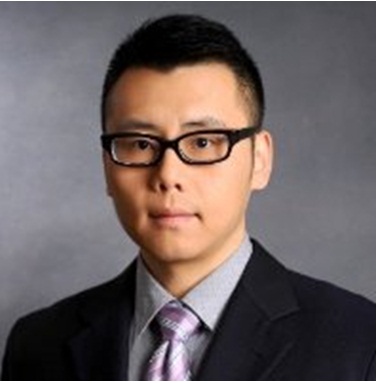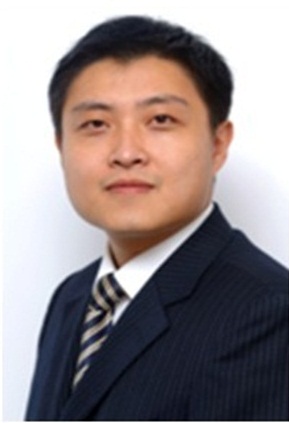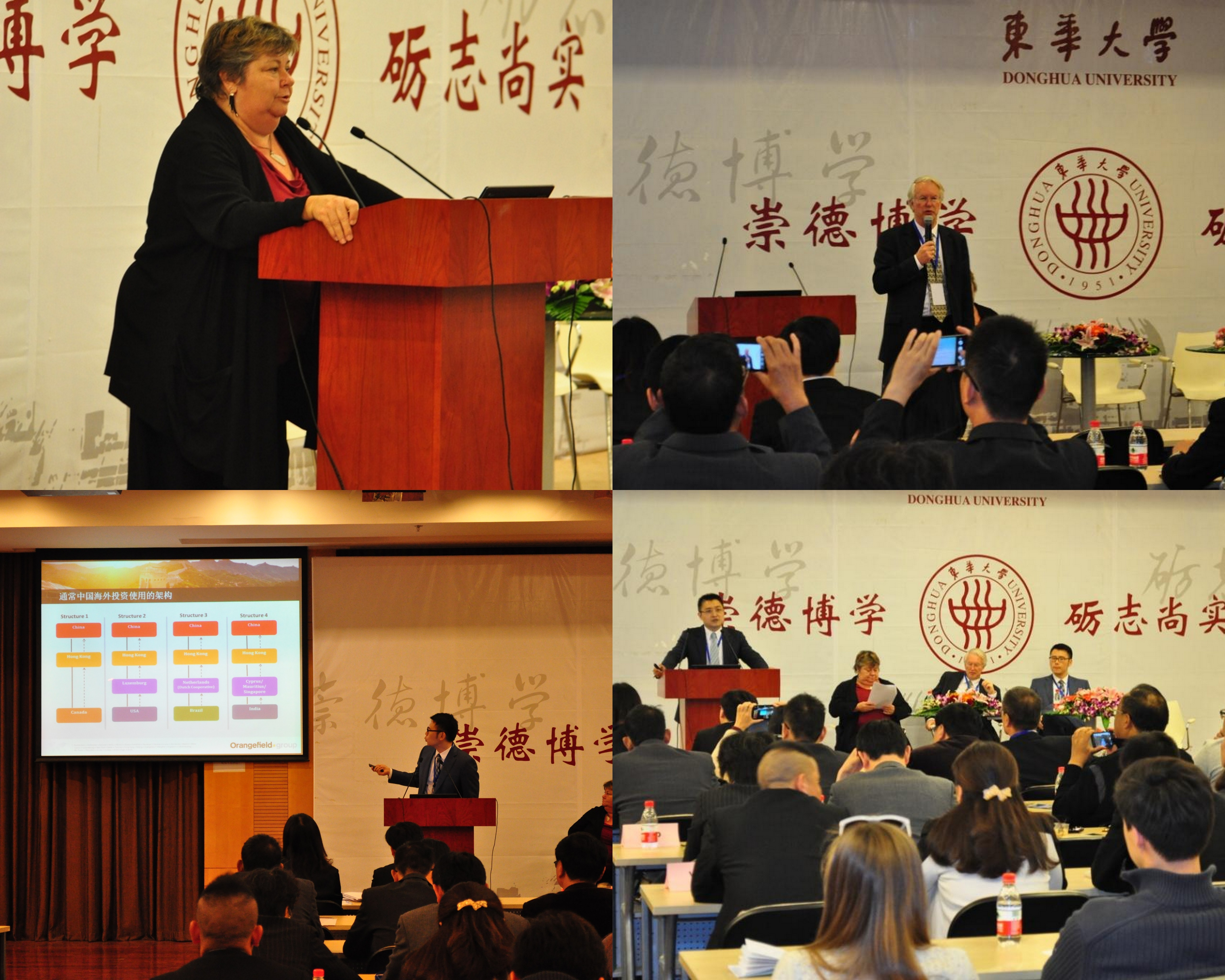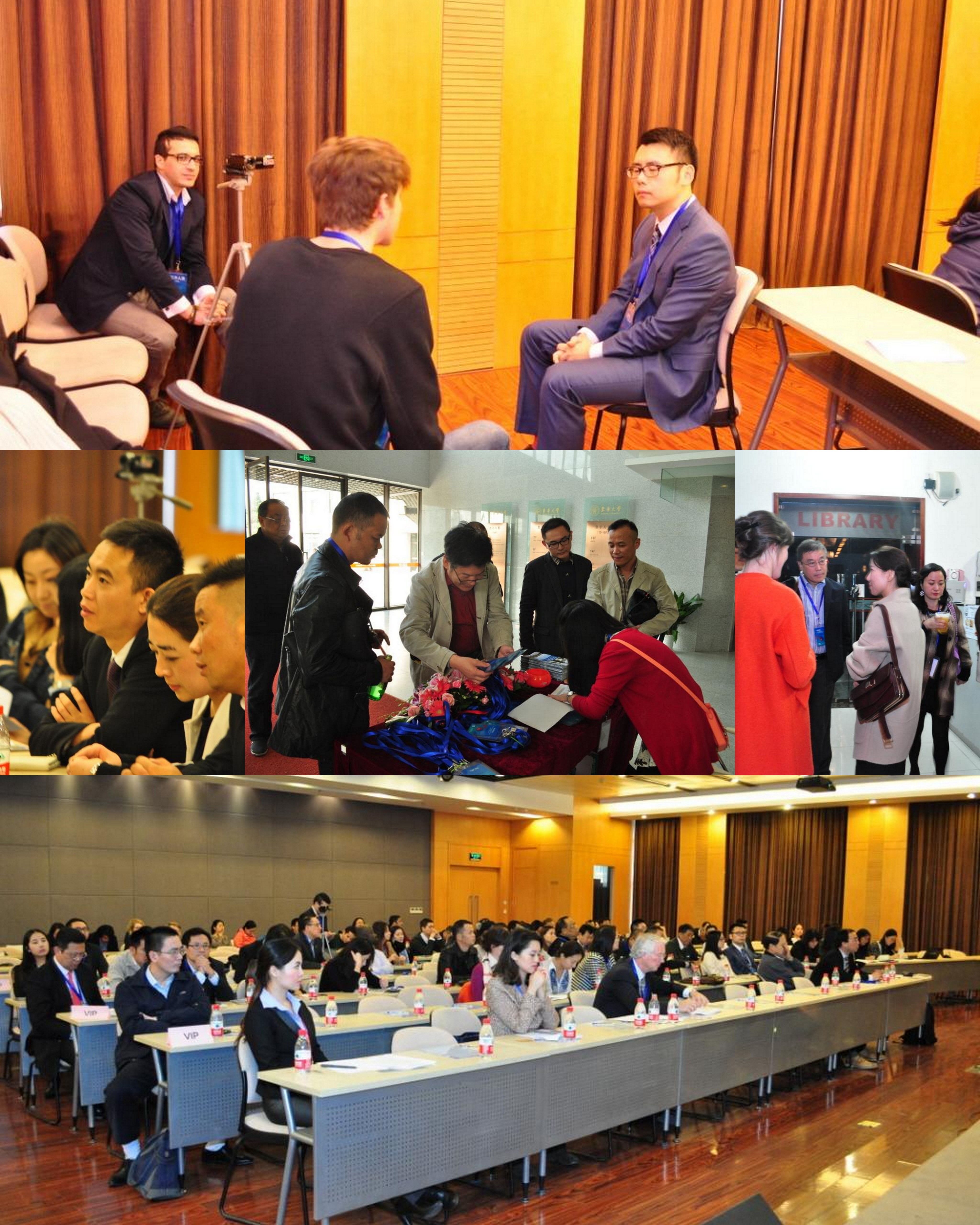Interview #1
Mr. Bert Kasteleijn
 Mr. Bart Kasteleijn graduated in civil and international law at the University of Utrecht. He was a trainee at the European Commission in Brussels, Directorate General Internal market. Admitted to the Amsterdam Bar, he was a junior and senior associate at Stibbe law firm in Amsterdam, became a partner at Wieringa in Amsterdam and subsequently at Van Mens & Wisselink, Amsterdam in the corporate and tax law section. He joined HIL mid 2009.
Mr. Bart Kasteleijn graduated in civil and international law at the University of Utrecht. He was a trainee at the European Commission in Brussels, Directorate General Internal market. Admitted to the Amsterdam Bar, he was a junior and senior associate at Stibbe law firm in Amsterdam, became a partner at Wieringa in Amsterdam and subsequently at Van Mens & Wisselink, Amsterdam in the corporate and tax law section. He joined HIL mid 2009.
Bart specializes in international company and commercial law and is conversant in tax law. Transactions, corporate restructuring and financing are a major part of his work. He is also involved in green technology including carbon credits. He acts for a range of multinational corporates worldwide. One of his focus countries is China. Bart is chairman of the China Table of IGC in Amsterdam, the leading Dutch business club, Board member of the Netherlands Hong Kong Society and Advisory Board member of the Dutch Chinese Chamber of Commerce. He is a member of the Dutch Bar Association (NOVA), International Bar Association (IBA), Inter Pacific Bar Association (IPBA) and the Chinese European Arbitration Centre in Hamburg (CEAC).
Stanko: The first thing I would like to ask you since you are a well renowned lawyer, what do you think are the biggest cons and pros of doing business in China from an attorneys perspective?
Bert: In the first place, China is a huge market. In the second place, it has a very organized infrastructure so it makes it interesting for western companies to set up their production here and then to re-export or sell their products in China.
Stanko: Do you think the differences in laws between China and the European Union make it harder to conduct business or is that an obstacle that is easily overcomeable?
Bert: It is more regulated here [China], it is not as liberalized as in Europe. Having said that it is the same legal system, which is the civil law system, rather than a common law system. However the ethics and culture of doing business is of course different.
Stanko: What do you think are the biggest challenges Chinese investors have to overcome whencoming to Europe, regarding laws and policies?
Bert: Integration of the business attitude and the people, meaning staff and management.
Stanko: How important do you think is to develop a good relationship between the European Union and China in today’s world?
Bert: I think the European Union could do far more in terms of trade policy. It’s improving, however there were some negative effects like quota dumping, which really harmed the business relationships. The second issue I would say is corporate immigration, which is still to a higher extent a domestic matter (member state per member state) as an increasing overall European policy and that is not going well. I think Chinese investors need to have far more access to Europe.
Stanko: How easy do you think is to get funding for Chinese companies in Europe and vice-versa?
Bert: Chinese companies in Europe are mostly backed by a parent company. You won’t see much local funding in the member states yet, except for the very big companies. I do know that banks like BOC and ICBC are stimulating local funding for Chinese companies abroad. The other way around, not easy for European countries, except when the collateral is sufficient so that the 70-30 % rule applies in order to borrow 70%, you need to have 30% equity yourself. If it’s not collaterally backed, it becomes a little bit difficult. It is far more difficult for a Chinese company to get funding from non-Chinese banks than the other way around.
Stanko: Since it is very difficult for Chinese companies to enter the European stock market, what do you think should be done in order to overcome that?
Bert: Well I don’t think it is difficult at all, but I do agree that it rarely happens. There is a difference between perception and the rules. The rules are not difficult, but the perception of the European stock market is a problem because of the muddy waters scandal by Chinese companies in the US, so that has done a lot of harm of course.
Interview #2
Mr. Jack Wu

Jack Wu leads the Orangefield team in Shanghai with a solid background in international taxation and accounting as well as a keen eye for international business. He possesses extensive knowledge in a multitude of Chinese business operations including legal structure setup, China market entry, human resource strategy, taxation, accounting, import/export, sourcing, production and fund flows.
Educated in the USA, Jack works closely with foreign invested enterprises (FIE) as well as state-owned enterprises (SOE) and small-medium enterprises (SME) in areas of corporate management, finance and restructuring with a broad international perspective while taking domestic requirements into practice. He is deeply involved as one of the initiators for Orangefield's China strategy and is also entrusted to look after all clients' interests throughout mainland China. Jack's professional goal is to facilitate foreign investors to settle and grow in China and concurrently to assist Chinese investors to explore the world.
Stanko: Can you tell us more in depth, what does Orangefield as a company do here in China?
Jack: We help foreign investors to settle, establish new businesses in China and then we provide a financial management service such as accounting, book keeping, taxes, HR payrolls, treasury, bank management and the overall administrative support. In the same time, we also help Chinese companies to invest in markets over seas, such as the US, Europe. We also help set up tax saving structures to make sure that the money flows back to China in the most efficient way. Everything we do, we call corporate service.
Stanko: What do you think are the most important things to keep in mind when doing outbound investments?
Jack: I think culture, definitely is the most important thing to keep in mind. Another thing I think is important is understanding the position of the people you are doing business with and the possible issues they might have.
Stanko: So based on that, what do you think are the biggest differences in values and behavior between Chinese companies and European companies?
Jack: Well I think you said we only have five minutes [laughs], I could spend another 50 minutes talking about the differences in values and things of that matter. But if you know Chinese culture and know about Confucius, you know that Chinese are very indirect sometimes opposed to Europeans who are very direct. Also when it comes to achieving the same goals, we Chinese like to cut corners and go around, however Europeans are more direct in that as well. I cannot say which approach is better, but these two ways don’t normally go together.
Stanko: How appealing do you think is the low taxation in Hong Kong for foreign investors, opposed to opening up a WFOI platform based company in Shanghai?
Jack: There are many reasons of setting up a legal entity in Hong Kong besides the tax saving reason. But I do think that HK is still a gateway for foreign investors to get into China, especially for someone who is not very familiar with the Chinese market. The legal system in HK is the British common law system, so potential foreign investor have the perk of being familiar with the official language which is English. China however is a different animal, there is a different way of playing games here so I think HK is still very important for foreign investors.
Stanko: What do you think is the biggest obstacle for foreign companies trying to invest in China?
Jack: I think understanding of the local market is a big obstacle, because culture is a part of the elements needed to understand the market. Another important thing is being familiar with the labor costs, rent costs, material costs… So I would say they need a full understanding of the market before stepping foot into China.
Interview #3
Jerry Shuo
 Jerry Shao is the founding partner and executive director of Beijing S&P (Shanghai) Law Firm. He was honored as “the Excellent Young Lawyer of Zhabei District” and “Outstanding Lawyer of Zhabei District” .He is a CPPC member of Zhabei District.
Jerry Shao is the founding partner and executive director of Beijing S&P (Shanghai) Law Firm. He was honored as “the Excellent Young Lawyer of Zhabei District” and “Outstanding Lawyer of Zhabei District” .He is a CPPC member of Zhabei District.
Mr. Shao specializes in foreign investment, M&A, financing business, OTC listing, company legal matters, international trade and FIDIC. He serves as perennial counsel to many domestic corporations, Sino-foreign joint ventures, and wholly foreign owned enterprises. He has experience in negotiating and conducting due diligence in transactions such as international investment and financing, equity transfer and M&As. He advises on the legal issues arising out the daily production, operation, management of businesses.
Stanko: How hard do you think it is for Chinese investors to find potential partners in Europe?
Jerry: I think it’s very hard, because usually when Chinese investors try to find partners in Europe they have a tough time finding local businessmen to be their senior personnel, so it is also very difficult to later on appoint Chinese personnel in those countries to take over all the management.
Stanko: Do you think the differences in culture have something to do with that or is that just the way it is?
Jerry: I think it is definitely the differences in culture.
Stanko: What do you think are the biggest problems for Chinese regarding outbound investments?
Jerry: I think the biggest problem is that the investors are usually not ready for outbound investments because the fail to find critical information and useful material before doing the actual investment. Also some Chinese owners think they can do everything because they are experts in the local markets so they automatically assume they can do the same in international markets. Because this is not the case they usually fail. In Chinese, we call this being unable to analyze your advantages and disadvantages.
Stanko: Do differences in currency there for the fluctuation of currencies effect outbound investments?
Jerry: I think they don’t.
Stanko: How do Chinese law firms cope with international legal issues?
Jerry: They cope with them by cooperating with western law firms in order to resolve the issues in the most efficient way.





